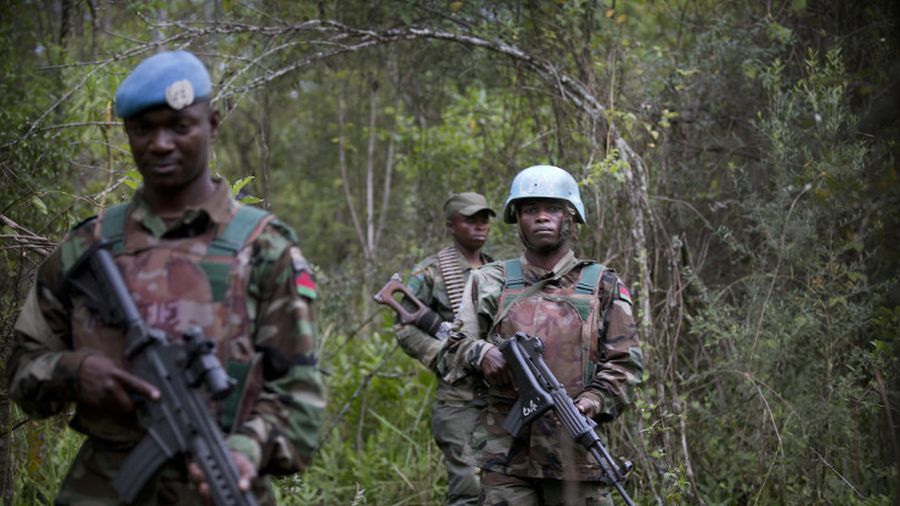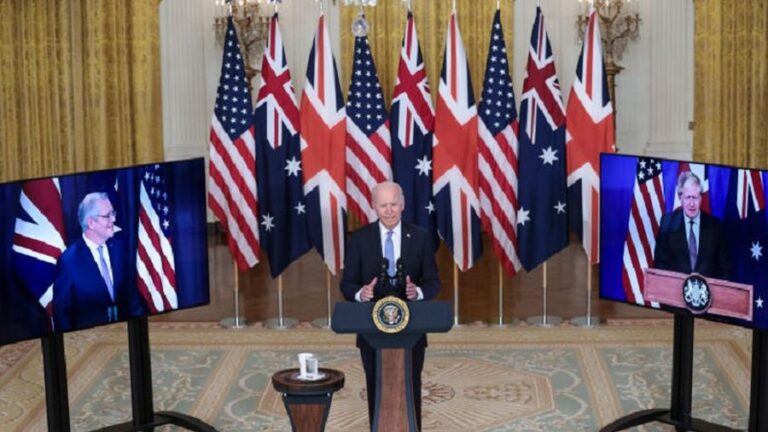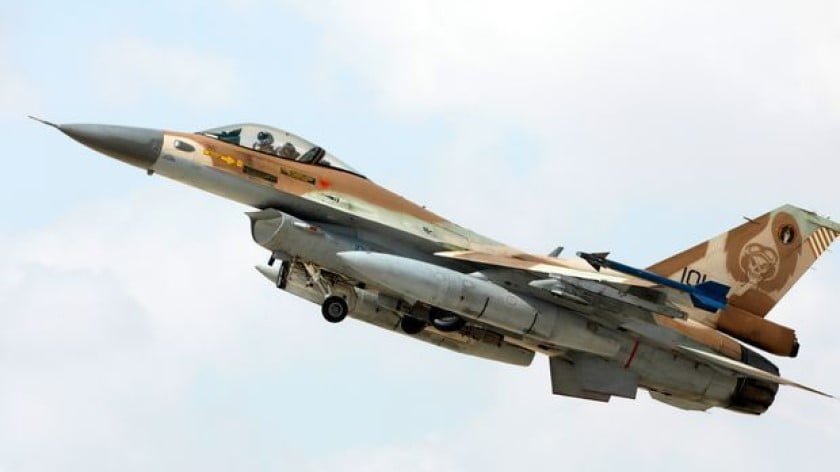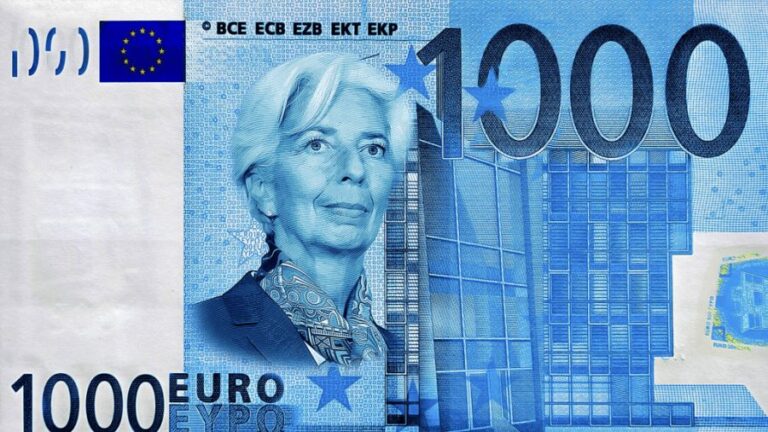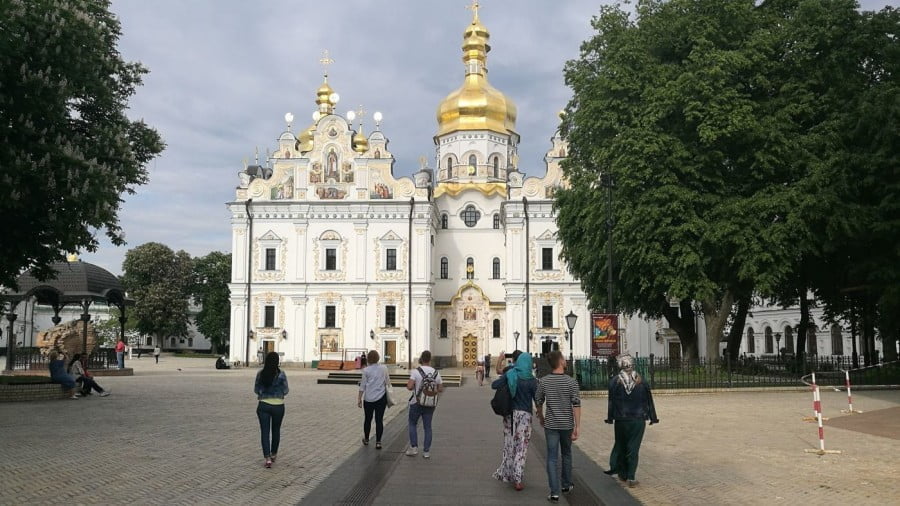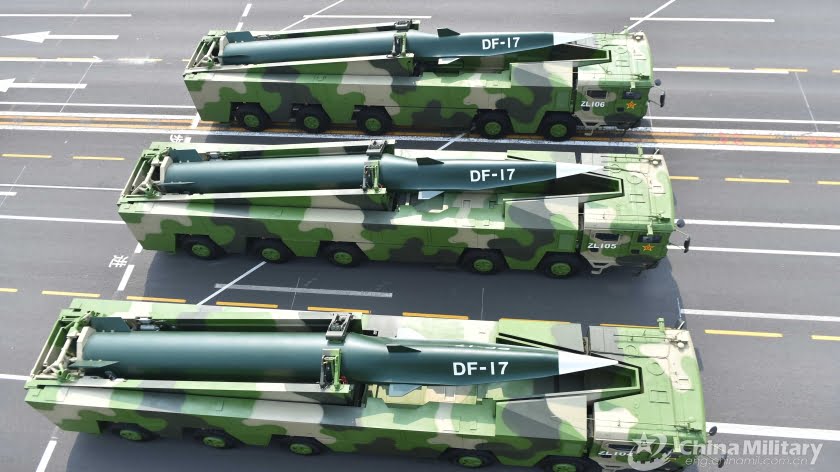Regular Scandals with the Blue Helmets in Africa Are a Sign of their Failure
Unfortunately, protests against the Blue Helmets in Africa discrediting the UN peacekeeping activities are becoming a common occurrence. Thus, during the meeting of the 76th session of the UN General Assembly, the Central African Republic once again raised the question of the efficiency of the Blue Helmets’ presence in this country, pointing out the repeated accusations leveled against employees of the multidisciplinary mission of the international organization in the CAR (MINUSCA) of aiding radicals and other crimes against the population of the state.
The destabilizing activities of the Blue Helmets were condemned by analysts of Afrique Media, in particular, for the fact that the “peacekeepers” actually refused to participate in battles with radicals, that is, in fact to protect civilians, and for supplying militants with weapons so that they could seize territories with useful resources and steal them for their own overseas hosts.
Among the crimes of the Blue Helmets reportedly committed in Africa are numerous murders and rapes, including those of children. A large number of cases of non-interference by members of the UN mission in situations where armed groups terrorized the civilian population have been documented, although such interference was the main task of the “peacekeepers.” The United Nations is also accused of systematically sending unverified people as part of the Blue Helmets, who kill and rape the population, which ultimately causes the inhabitants of “protected” African countries to suffer.
Another scandal broke out recently, surrounding “peacekeepers” from the UN Stabilization Mission in the Democratic Republic of the Congo (MONUSCO) detained for killing civilians during protests in the country prompted by the behavior and presence of the Blue Helmets in this republic. Rallies against the presence of the Blue Helmets began at the end of July, when during clashes between civilians and “peacekeepers” 32 citizens of the DRC were killed. The UN contingent used special equipment and firearms to disperse people. UN representatives condemned the shooting of civilians in the DRC and reported that the guilty employees of the MONUSCO mission who are residents of Tanzania were arrested. As the AfricaNews portal reported, the Congolese Government has appealed to the United Nations to expel the representative of the MONUSCO peacekeeping mission, Mathias Gilmann, from the Democratic Republic of the Congo (DRC).
The MONUSCO mission has been operating in the DRC since 1999 as part of implementation of one of the points of the Lusaka Ceasefire Agreement that ended the Second Congolese War. More than USD 15 billion has already been spent on its activities. At the first stage, the tasks of the Blue Helmets were limited to monitoring the ceasefire regime, and then peacekeeping activities went on to include active support of the army in the fight against gangs. However, despite the long existence of the peacekeeping mission, the situation in the region is not improving. Hundreds of groups have effectively divided the republic and are terrorizing the population, which causes its natural protests and demonstrations against the Blue Helmets.
Scandals with the Blue Helmets in the DRC have been going on for more than one year. Thus, in 2008, even Western media reported that Pakistani “peacekeepers” sold weapons and ammunition to members of one of the groups for gold. Representatives of MONUSCO seized ammunition and weapons from militants, and then gave them back in exchange for precious metal. In 2021, African and Western researchers published an investigation where they identified numerous cases of violence against women and children by peacekeepers in the DRC. Representatives of MONUSCO were accused of 405 episodes of sexual abuse from 2007 to 2021!
Protests against the UN Blue Helmets are becoming commonplace in Africa. The demands for “peacekeepers” to leave the country, since they do not fulfill the conditions of the mandate, are regularly pressed, in particular, by residents of the CAR. Moreover, the journalists of the Central African publications Nouvelles Plus and Le Citoyen caught the staff of the multidisciplinary integrated UN mission in the CAR (MINUSCA) in smuggling ivory, trafficking in valuable materials, gold and diamonds, in aiding armed groups, and handing them machine guns and ammunition in exchange for precious metals.
The situation is similar to the DRC in Mali, where the Guinean contingent of the multidisciplinary integrated UN mission in Mali (MINUSMA) opened fire on a civilian car at the exit from the city of Kidal in early July this year, as a result of which two people were injured. In these circumstances, the Ministry of Foreign Affairs of Mali issued a decree on July 14 restricting the movement of the MINUSMA mission contingent on the territory of the country. Moreover, as Adam Diarra, coordinator of the Yerewolo civic platform in this country, reported, the Malian authorities intend to demand that the Blue Helmets leave the republic before September 22 in order to rid the country of the useless group. In the nine years of presence in Mali, MINUSMA employees, according to the statements of the country’s authorities, have not coped with any task from their own mandate. They not only failed to ensure the safety of civilians and protect them from the outrages of radical Islamists, but they themselves got involved in high-profile scandals by smuggling natural resources and being engaged in sexual violence and killings of the population.
However, for the sake of justice, it should be noted that the activities of the Blue Helmets in Africa turned out to be to some extent hostage to their own mandate, which allows peacekeepers to use weapons exclusively to protect civilians and for self-defense. As a result, the Blue Helmets often find themselves forced to remain inactive during joint operations with the armies of African countries, since they have no right to engage in battle. Therefore, today’s failure of the Blue Helmets is to some extent connected with the mistake made by the UN Security Council when formulating the tasks of individual peacekeeping contingents.
As for MONUSCO, today many countries are already convinced that this mission in the DRC turned out to be a complete failure. Thus, India, which has provided the most military and police personnel, is reducing its presence in the region.
One should also not forget that African countries are becoming more independent in their foreign policy. And the successful experience of security cooperation with Moscow and Beijing clearly shows them that problems can be solved without peacekeepers imposed by the West. Therefore, it cannot be ruled out that the UN stabilization mission in the DRC is living out its last days and, as has already happened in the CAR and Mali, other international actors may come to replace it, which will more successfully teach the security forces of the DRC to protect their country and their own population from assorted militants.

